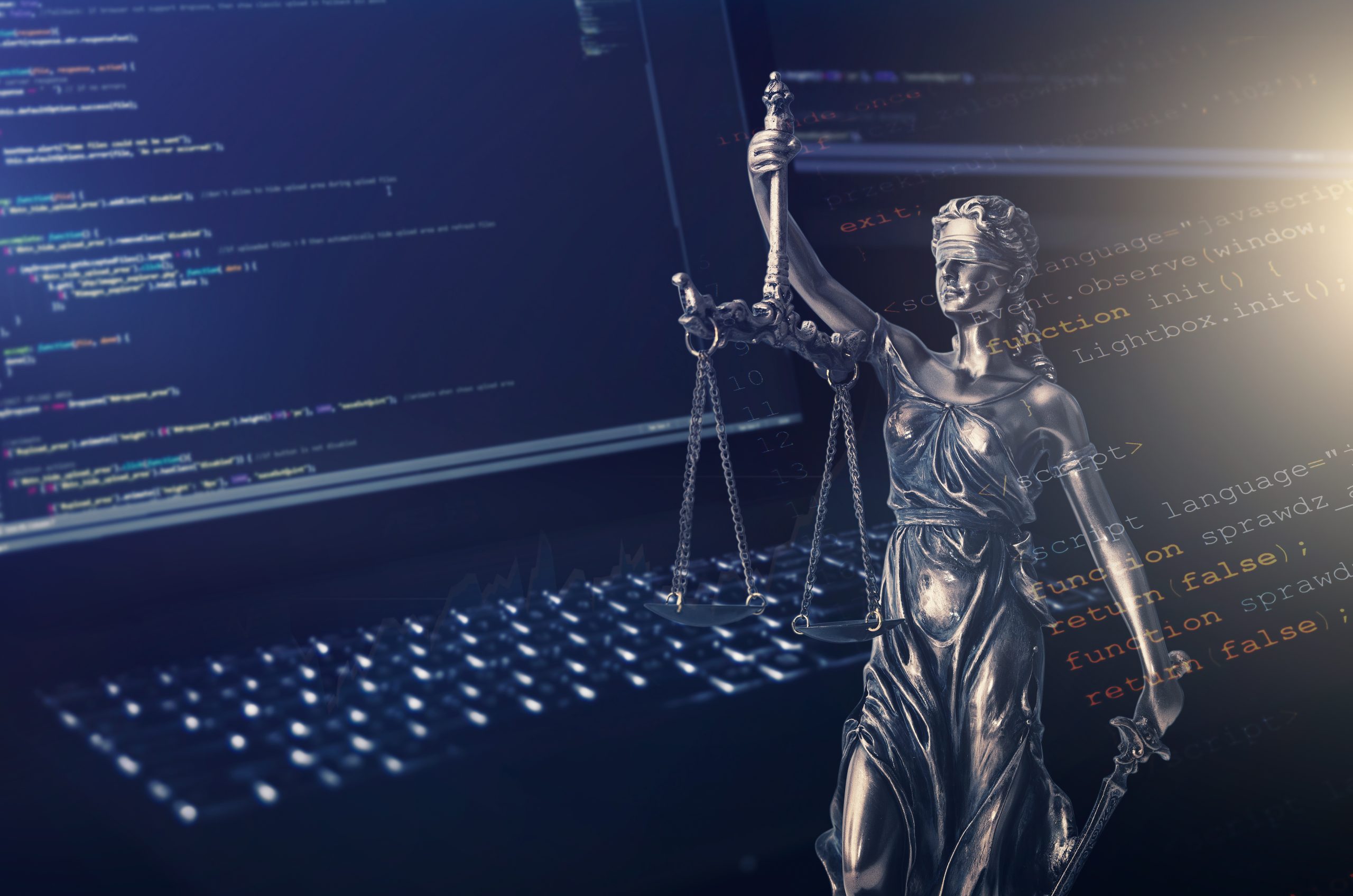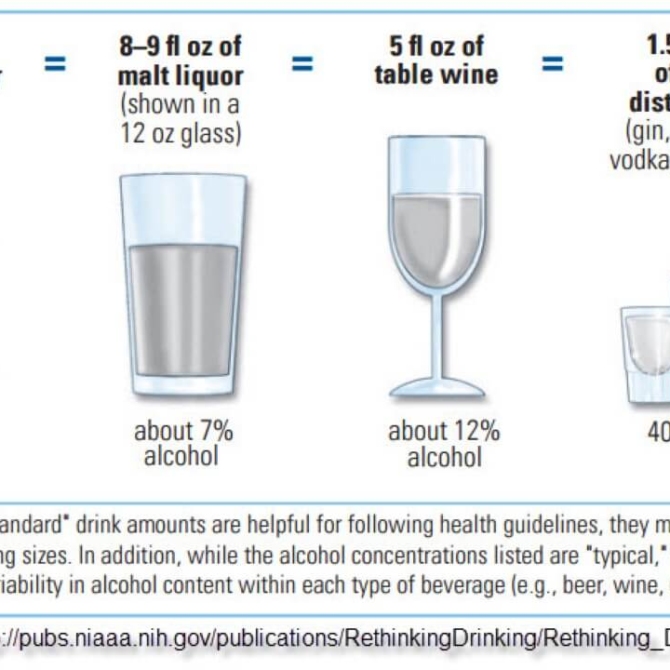371Views

Technology has revolutionized almost every aspect of our lives, and legal matters are no different. From advanced forensic tools to virtual crime scenes, new technologies provide defense attorneys with tools to level the playing field and protect their clients’ rights.
These technological innovations pose serious ethical considerations and attorneys must use these tools while upholding ethical standards.
Artificial Intelligence
From DNA identification and analysis of forensic evidence, criminal legal systems have grown more reliant on technology. But that has come at the expense of defense attorneys and other members of society who lack access to this vital information about how these software systems function.
Utilizing online databases and AI-powered tools gives defense attorneys access to legal precedents, case law and statute information which would otherwise take hours or days of research by hand – something which can significantly strengthen legal arguments while simultaneously identifying weaknesses in prosecution cases.
Generative AI holds great promise as an efficient means of cutting down time spent on repetitive tasks and research, freeing lawyers up for more core projects and client services. However, to be truly effective, AI tools must be reliable, secure, and tailored specifically towards legal services industry.
Digital Forensics
People leaving their digital footprint behind when using technology can provide evidence against them in criminal proceedings. This may include information collected through smartphones, wearable tech devices and smart home devices that may give criminal defense attorneys valuable insights as they challenge evidence collected by law enforcement agencies.
Digitizing evidence is a complex and time-consuming task, necessitating specialized software tools to create exact copies of media while keeping its original intact for verification purposes. Furthermore, these tools allow investigators to access files or recover deleted information.
Criminal defense attorneys must stay current on recent case laws that govern how digital evidence is collected, stored, and presented in courtrooms. Furthermore, they should remain aware of new technologies which could potentially alter digital or scientific evidence – for instance a video or photograph altered so as to alter its accuracy could alter the entire trial’s result.
Online Databases
Technology plays an integral part in criminal defense. It helps attorneys prepare cases more thoroughly, collaborate more closely with clients and co-counsels more easily, automate tasks that free up more time for legal research and strategy development and automate them to save valuable attorney hours for defending clients more efficiently.
Expert Atlanta criminal defense lawyers can use cutting-edge technologies like DNA testing, artificial intelligence surveillance systems and video evidence to present compelling defense cases for their accused clients. At the same time, these tools raise ethical considerations regarding privacy and fairness issues.
Digital filing systems and e-case management software streamline document processing while increasing accessibility for attorneys, making it simpler for them to file documents online instead of traveling to court to file physical copies. They also enable lawyers to track their billable hours efficiently while tracking invoices efficiently – helping reduce error risks while improving productivity.
Virtual Crime Scenes
Criminal defense technology today includes an abundance of digital tools and databases for DNA samples analysis, risk assessments for release decisions, face recognition software matching images against photos for recognition purposes and much more. Some can be extremely interesting while others could raise serious concerns.
One of the most interesting technologies available is 3D crime scene reconstructions, which allow jurors to experience virtual tours of crime scenes to help explain how they probably occurred. Unfortunately, experts note that these methods may introduce bias into decision-making.
Studies have shown that crime scene examiners who had knowledge of deviant behavioral cues were more likely to recognize and collect them during reconstruction processes, suggesting the technology should be employed with caution and investigators should remain open-minded when reviewing new evidence. It should also be mentioned that criminals have taken advantage of it to create false evidence and mislead juries.



